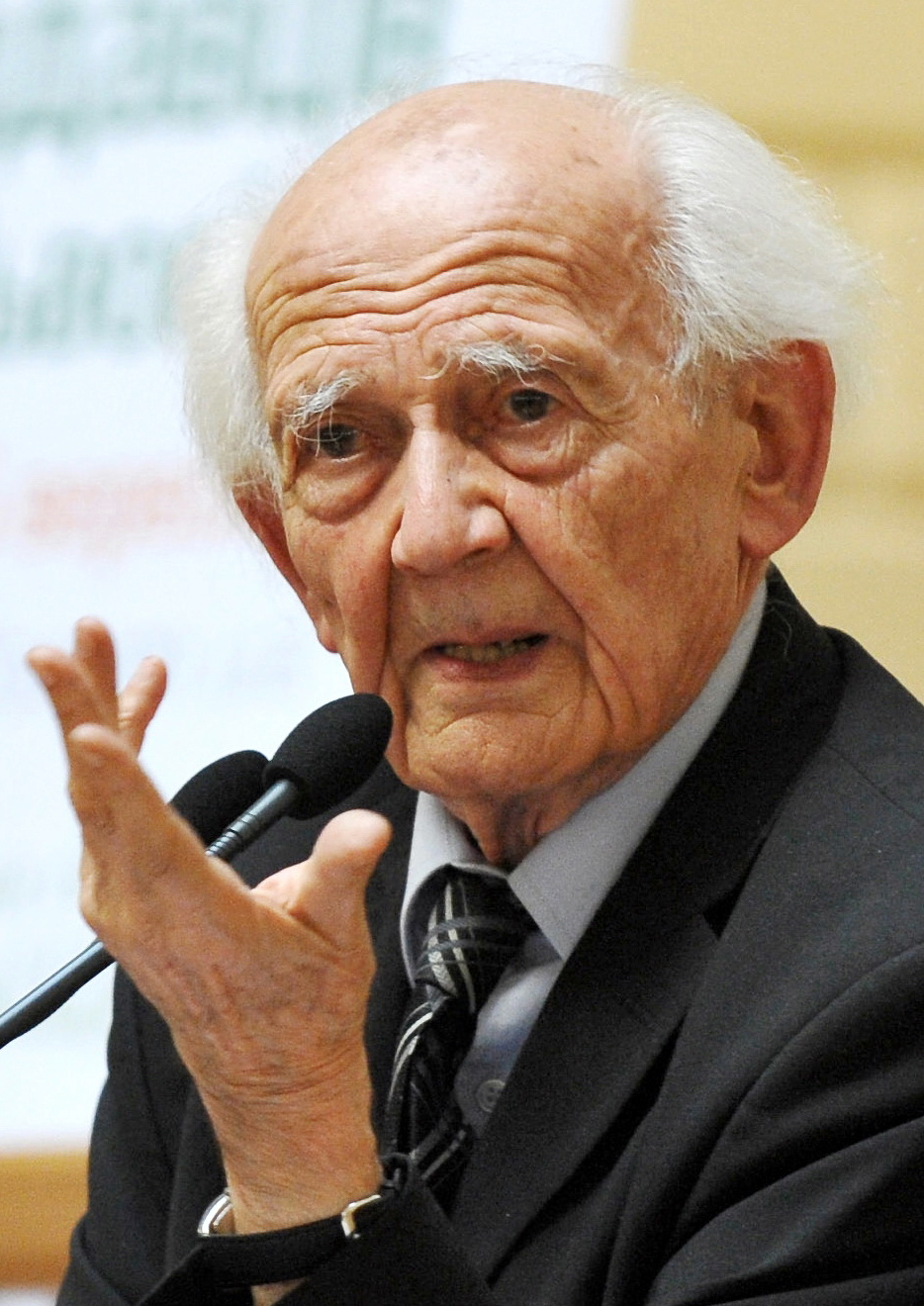Suggested Topics within your search.
Suggested Topics within your search.
postmoderná spoločnosť
14
Exclude matching results
individualizmus
7
Exclude matching results
sloboda
6
Exclude matching results
neistota
5
Exclude matching results
postmodern society
5
Exclude matching results
sociálna zmena
5
Exclude matching results
social change
4
Exclude matching results
etika
3
Exclude matching results
individualism
3
Exclude matching results
moderná spoločnosť
3
Exclude matching results
sociologické aspekty
3
Exclude matching results
sociológia
3
Exclude matching results
ethics
2
Exclude matching results
genocída
2
Exclude matching results
kvalita života
2
Exclude matching results
liberty
2
Exclude matching results
modern society
2
Exclude matching results
postmodernizmus
2
Exclude matching results
uncertainty
2
Exclude matching results
šťastie
2
Exclude matching results
ambivalence
1
Exclude matching results
ambivalencia
1
Exclude matching results
anxiety
1
Exclude matching results
apathy
1
Exclude matching results
apatia
1
Exclude matching results
civilization
1
Exclude matching results
civilizácia
1
Exclude matching results
communities (sociology)
1
Exclude matching results
criticism of society
1
Exclude matching results
dobro a zlo
1
Exclude matching results
Zygmunt Bauman
 Zygmunt Bauman (; ; 19 November 1925 – 9 January 2017) was a Polish–British sociologist and philosopher. He was driven out of the Polish People's Republic during the 1968 Polish political crisis and forced to give up his Polish citizenship. He emigrated to Israel; three years later he moved to the United Kingdom. He resided in England from 1971, where he studied at the London School of Economics and became Professor of Sociology at the University of Leeds, later emeritus. Bauman was a social theorist, writing on issues as diverse as modernity and the Holocaust, postmodern consumerism and liquid modernity.
Provided by Wikipedia
Zygmunt Bauman (; ; 19 November 1925 – 9 January 2017) was a Polish–British sociologist and philosopher. He was driven out of the Polish People's Republic during the 1968 Polish political crisis and forced to give up his Polish citizenship. He emigrated to Israel; three years later he moved to the United Kingdom. He resided in England from 1971, where he studied at the London School of Economics and became Professor of Sociology at the University of Leeds, later emeritus. Bauman was a social theorist, writing on issues as diverse as modernity and the Holocaust, postmodern consumerism and liquid modernity.
Provided by Wikipedia
-
1
-
2
-
3
-
4
-
5
-
6
-
7
-
8
-
9
-
10
-
11
-
12
-
13
-
14
-
15
-
16
-
17
-
18
-
19
-
20